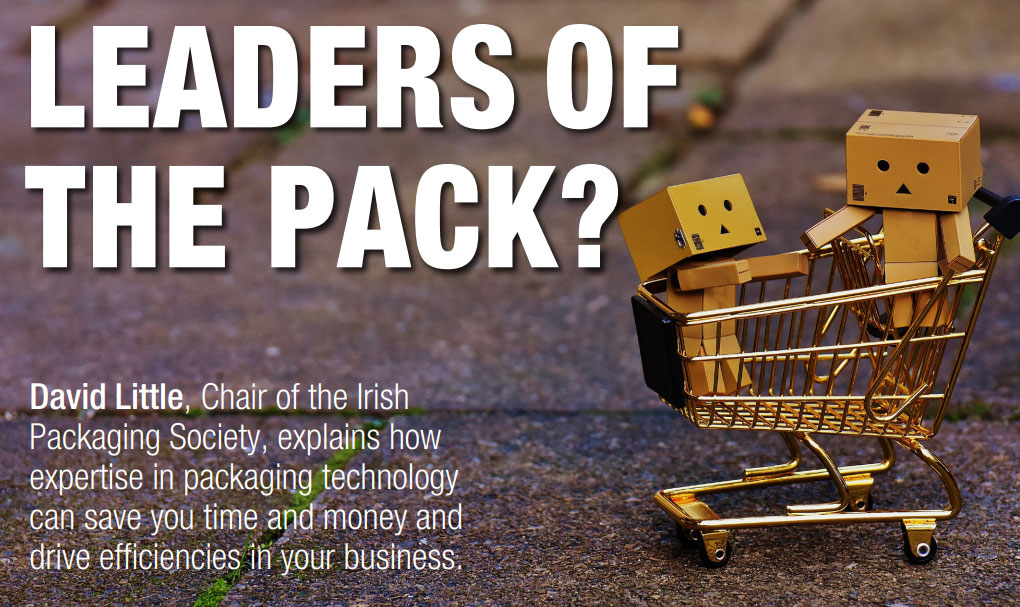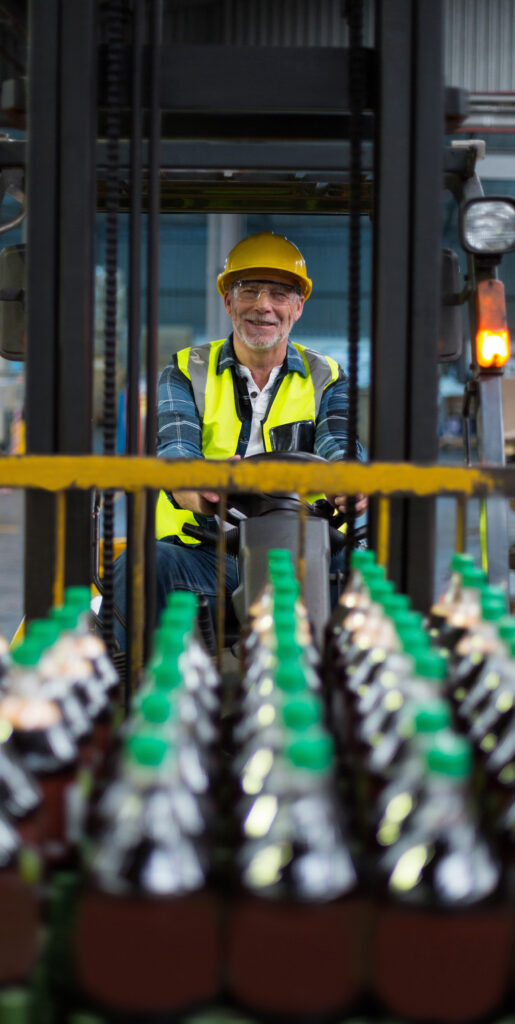
Are you a medium to large user of packaging? Are you spending many thousands of euros a year on packaging? Do you have a Packaging Technology Department or do you have an in-house trained specialist in packaging? If not, I argue you really should have one, or at least a resource to turn to.
If you’re in the FMCG food & beverage, medical device or pharma sectors, not to mention horticulture, hardware, pet care or other industrial sectors, chances are a lot of packaging is being used to contain, promote and transport your products. Not to mention the other ‘small’ matters of legally required information, brand recognition, protection etc.
I don’t think print and packaging gets the respect it deserves and as a result, things are often not planned properly and forgotten about until the last minute: “Did anyone order the boxes for the new product…?”
The same focus, feasibility assessment and planning that goes into the availability of the production equipment for a new product or the bill of materials or the market analysis, should go into the planning for pack change, specification development and procurement RFQ’s for the supply of new packaging.

COMPARING SUPPLIER SPECIFICATIONS
I believe it is a tall order to expect someone in procurement or supply chain, not to mention the guy in the stores, with no special packaging training, to become expert enough to argue or compare supplier specifications. Or how about to negotiate technically the benefits of one lacquer over another, or to understand the necessity of corona treatment or the benefits of specifying a certain UV inhibitor or coefficient of friction?
At the beginning, they will certainly be over-reliant on the reps from the various suppliers, probably too dependent on personality or helpfulness, rather than on performance and technical detail. They may also make buying decisions based on price, not thinking nor appreciating the impact on performance, nor the difference in one spec over another. Of course, they will eventually pick-up good knowledge in their narrow field of involvement. I ask, though, at what cost? I hear you say, “Ah yes, but to err is human”, I say, “yes, it is,…. but it is usually a very expensive lesson and a time consuming one, with packaging lead-times….
Speaking of lead-times, are all your new product launches smooth sailing and on-time? Why does it take so long? Well let’s look at the stages to the right as to what’s involved…
How many amendment loops are involved in approving your new artwork? Does the final print match your proof, or was it a bit of a surprise or even a disappointment? Does your brand colour on one substrate match the colour on another substrate? What does L*a*b* mean anyway (GPS for colour)? Does one supplier always seem to cause more trouble than another, with poor packaging or delivery performance or say, colour consistency? What’s your pack change or trial process for developing new packs or testing new specifications? How do you analyse or follow up on the outcomes?


OPPORTUNITIES TO SAVE MONEY
I believe, in most small and medium size companies (and some big ones as well), there are opportunities to save money on packaging, to buy better, to drive efficiencies with your suppliers; to standardise specs, labelling or palletisation or even, for instance, to utilise warehousing better.
If you do not specify sufficiently and manage your suppliers, they will slowly evolve the spec, to supply what suits them best; their optimum core size or material spec or pallet size, etc. It’s only natural, but this just works for them and causes your company inefficiencies. You need to proactively manage your suppliers, audit them, access their weaknesses, give them a chance to improve, decide to grow with them (or not) and keep a process driven approach to packaging change and the supply process.
See figure below, PDCA a process driven approach.

I hear you ask, “What’s one to do? How can I remedy the situation and get serious about print & packaging?
THE IMPORTANCE OF TRAINING

I believe in essence, it is all about training. However, you can get there a few ways. You can advertise and hire a qualified Packaging Technologist. You could promote or hire a good interested person, willing to be trained and arrange in-house short courses for them or send them on the excellent DIT accredited Level 7- CPD Diploma in Packaging Technology. This is a one year program, designed to create a Packaging Technologist, where they cover the fundamentals, legal requirements, substrate manufacturing, printing processes and converting techniques for all packaging types, to name but a few of the modules. See Design, Print & Packaging Skillnet, http://dppskillnet.ie/index.php/training/ diploma-in-packaging-technology/
The other thing you could do is to bring in expertise; a packaging consultant. Get all the benefits and experience you need, but none of the long-term commitment, no additional costs of employing a full time person. This can work well for short projects or problem solving, training, auditing suppliers or press passes or even to evaluate your position, in advance of a decision to hire someone full time.
Either way, if the volume is there, a trained packaging specialist will be a boon to your business. Having an experienced and competent technologist running pack change projects, coordinating NPD, setting up specs, briefing repro and printers and supporting marketing, procurement, supply chain and production departments, will definitely save time, money and drive efficiencies…..QED.

